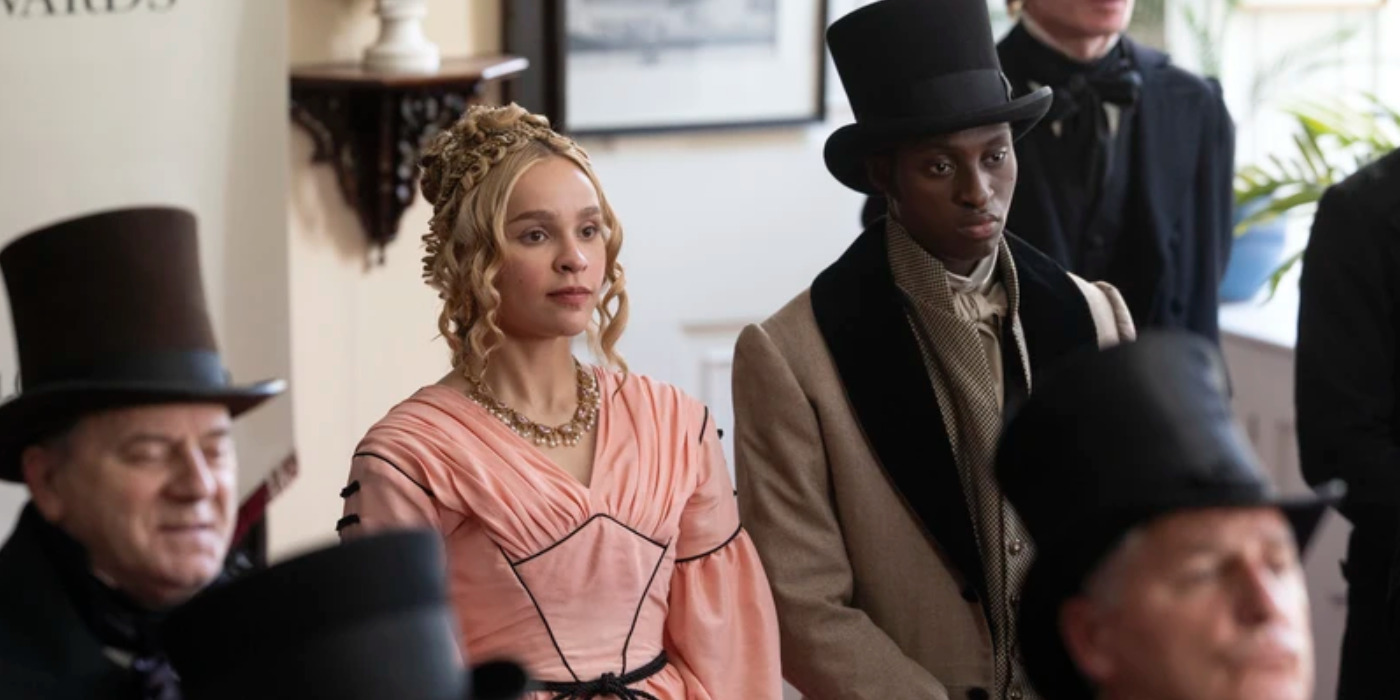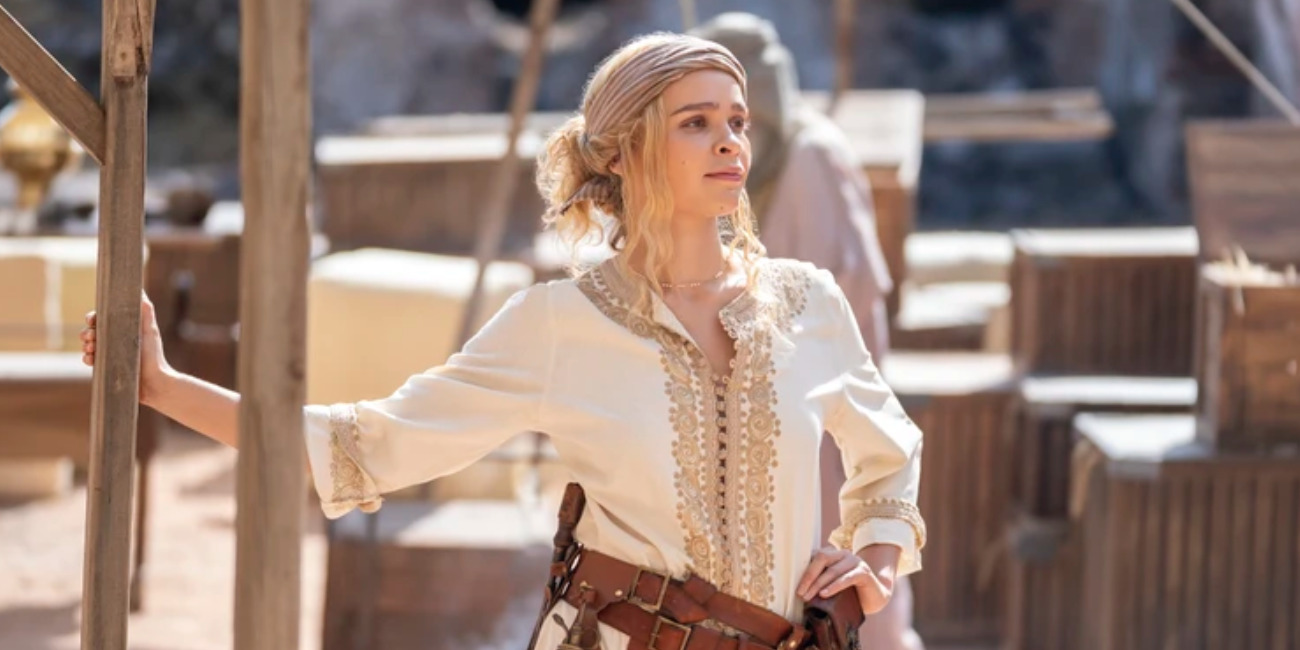‘Washington Black’ is populated with a number of intriguing characters, many of whom seem to be in search of their own personal liberation from one form of oppression or another. For the titular character, George Washington Black, this fight is centered around his efforts to outrun his heavy past as a child born into slavery at a Barbados Plantation. However, a different struggle lies ahead for Tanna, the fierce young woman who catches Wash’s eye. Tanna is the daughter of a white man, Mr. Goff, who is eager to marry her off to a Billy McGee, a wealthy businessman with a respectable standing in high society. Nonetheless, in doing so, the father wishes to suppress a part of his daughter’s identity, particularly the legacy she inherits from her non-white mother. Consequently, Tanna’s complicated relationship with her racial identity and its social implications becomes a crucial part of her characterization.
Tanna Goff is Half-British and Half-Solomon Islander
In the show, Tanna Goff’s narrative is closely tied to her racial identity. The young woman was born from an unofficial union between her father, an English scientist, and her mother, a woman from the Solomon Islands in Melanesia, Oceania. Initially, Mr. Goff wasn’t aware of his offspring’s existence since his lover was reluctant to pursue a serious relationship between them. As such, Tanna grew up in the Solomon Islands, beside her mother and their loving community. Unfortunately, it wasn’t long before her mother faced her untimely demise. The woman wanted a rich and comfortable life for her daughter, which would be filled with opportunities.

For the same reason, she ensured that after her death, Tanna would go on to live with her father, Mr. Goff. Consequently, the latter was torn between two worlds from a young age. Her fair-skinned complexion and light hair allowed her father to pass her off as a white woman in his London circles. Nonetheless, Tanna refused to live a lie. As such, she stopped hiding her true identity as a biracial woman, even with the knowledge that such a bold decision would invite trouble from the outside. Predictably, the father-daughter duo were run out of England’s high society.
Thus, when the Goffs are introduced to the narrative, they’re traveling to Nova Scotia in North America, looking for a fresh start. Even so, Tanna has no intentions of passing as white in her new home. She continues to exist proudly in her skin and her ethnicity, even if it’s mixed nature attracts social oppression. The young woman is eager to live her truth without any holds barred. Furthermore, she recognizes that living a lie would only cloud her own potential, stopping her from achieving everything she can and wants to in her life. Her decision to reject a union with Billy McGee in favor of pursuing her whirlwind romance with Wash remains reminiscent of this same self-assured attitude.
Iola Evans Drew From Her Own Experiences as a Biracial Woman in Her Portrayal of Tanna
Much like numerous other central characters in ‘Washington Black,’ Tanna Goff’s character also has significant roots in real-life experiences and realities. Even though the character itself is fictitious, her narrative strives to relate and resonate. For the same reason, actress Iola Evans’ performance remains crucial to informing the authenticity behind Tanna’s on-screen journey. Shortly after, the project came on her radar, the actress jumped into Esi Edugyan’s novel, ‘The Washington Black,’ which serves as the source material for the show. Off-the-bat, the actress, known for her work in films like ‘Choose or Die,’ ‘Out of Darkness,’ or her debut theater performance in the National Theater’s ‘An Octoroon,’ appreciated the nuances of Tanna’s character.
Evans herself is a biracial woman, born in Reading, London, to Welsh and Kenyan parents. In a conversation with Marie Claire, the actress said, “I’ve been quite lucky in that a lot of my roles have really explicitly been exploring someone grappling with their racial identity.” In relation to the emotional impact of portraying Tanna’s character, she added, “And for me as well, it was a real lesson in trying to lead with openness, be aware of the own limitations in my experiences, and meet with people who are from the Caribbean, who are from Africa, who they don’t know what their heritage is because they’ve been denied—and everyone’s different relationship to their own Blackness. I felt really good to be a part of that.”
Read More: What is Sonika Vaid’s Ethnicity? Who is Her Boyfriend?


You must be logged in to post a comment.